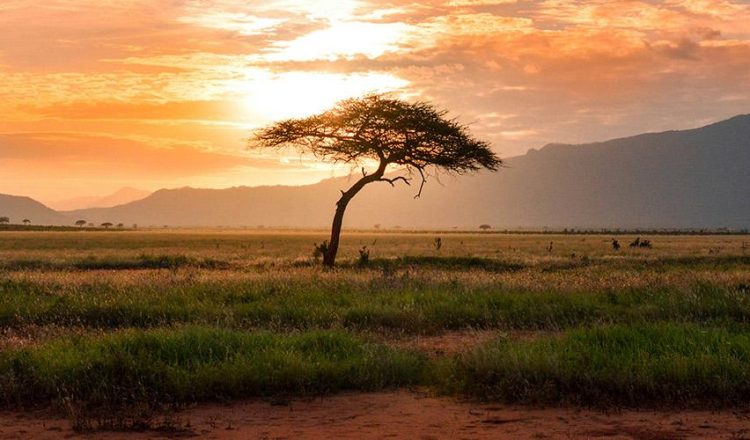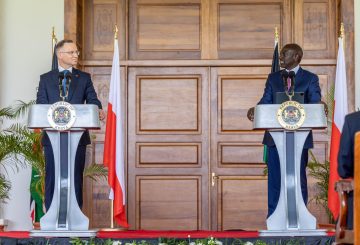World Environment Day is celebrated annually on June 5th, having been established at the Stockholm Conference on the Human Environment in 1972. Led by the United Nations Environment Programme, it serves as the largest global platform for public outreach, raising awareness, and spurring action on the planet’s most urgent environmental issues. This year, World Environment Day 2024 focuses on land restoration, halting desertification, and building drought resilience under the slogan “Our land. Our future. We are #GenerationRestoration.”
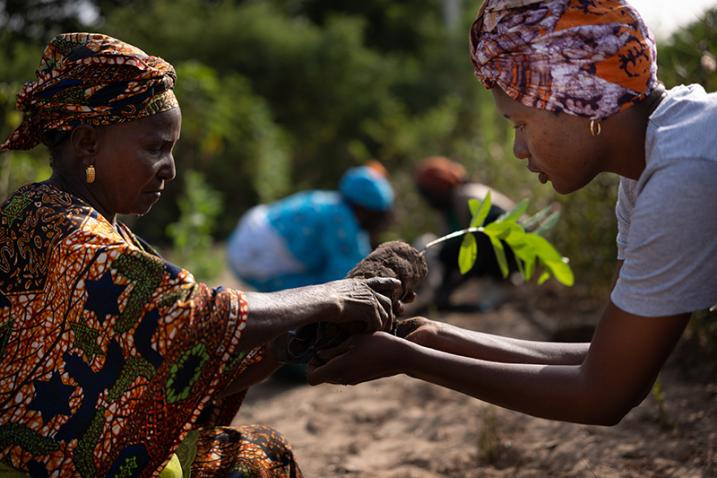
“Environmental degradation directly impacts human health,” emphasized Saima Wazed, WHO Regional Director for South-East Asia. “Air pollution, water contamination, and climate change contribute to a range of public health problems. World Environment Day is not just for those working in the environment sectors – it is a call to action for everyone, including all of us working in public health.” Highlighting the dire situation, Wazed pointed out that the South-East Asia region records the highest number of deaths from climate change annually among all WHO regions, stressing that climate change and biodiversity loss already pose major threats to health, regional economy, and livelihoods.
On World Environment Day 2024, the call is for a collaborative effort between the health and environment sectors to address these shared challenges. “It is imperative we advocate for policies that prioritize environmental sustainability and public health, and invest in research and innovation to develop sustainable healthcare practices,” Wazed stated. She highlighted practical and innovative ways for the health sector to engage in land restoration, desertification, and drought resilience, such as integrating health impact assessments into land use planning, implementing green building practices in healthcare facilities, and promoting community-based health initiatives. “This World Environment Day, I urge our public health community to join the efforts towards land restoration, halting desertification and building drought resilience. Let us not forget that this is our land, and our future. We are #GenerationRestoration,” Wazed concluded.
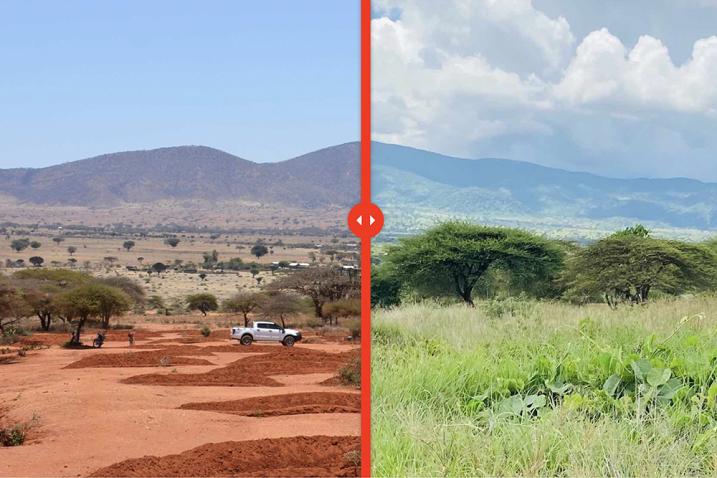
The United Nations has sounded an alarm over the rapid degradation of ecosystems worldwide, stressing that the well-being of humanity hinges on urgent restoration efforts. “Up to 40 per cent of the planet’s land is degraded, directly affecting half of the world’s population,” noted the UN Convention to Combat Desertification. Since 2000, the frequency and duration of droughts have surged by 29 per cent, putting millions at risk. Without swift intervention, over three-quarters of the global population could face the impacts of drought by 2050.
In response, the UN Decade on Ecosystem Restoration (2021-2030) has been launched as a pivotal initiative to reverse this trend and achieve the Sustainable Development Goals. “Land restoration is not just an environmental necessity, it is a fundamental requirement for sustainable development,” stated a UN spokesperson. This year’s World Environment Day, themed “Our land. Our future. We are #GenerationRestoration,” underscores the crucial need for restoring forests, reviving water sources, and regenerating soils. “We cannot turn back time, but we can make peace with land and build a sustainable future,” the spokesperson added.
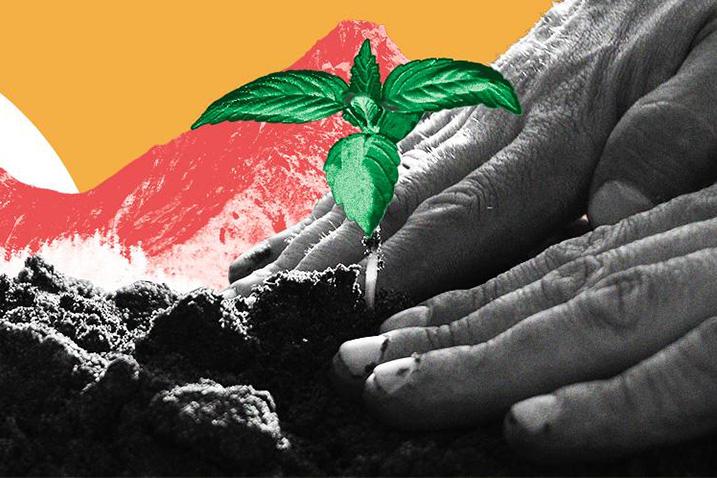
Marking the 30th anniversary of the UN Convention to Combat Desertification, the sixteenth session of the Conference of the Parties (COP 16) will convene in Riyadh from December 2 to 13, 2024. This landmark event aims to consolidate global efforts towards halting desertification and bolstering drought resilience. “This conference represents a critical juncture for international cooperation in combating land degradation,” emphasized the UN representative. The UN calls on all nations to join forces in this monumental effort, reinforcing the message that our collective future depends on the health of our land.
- Tags: Deforestation, Green Energy, Reforestation, UN, WHO, World Environment Day


